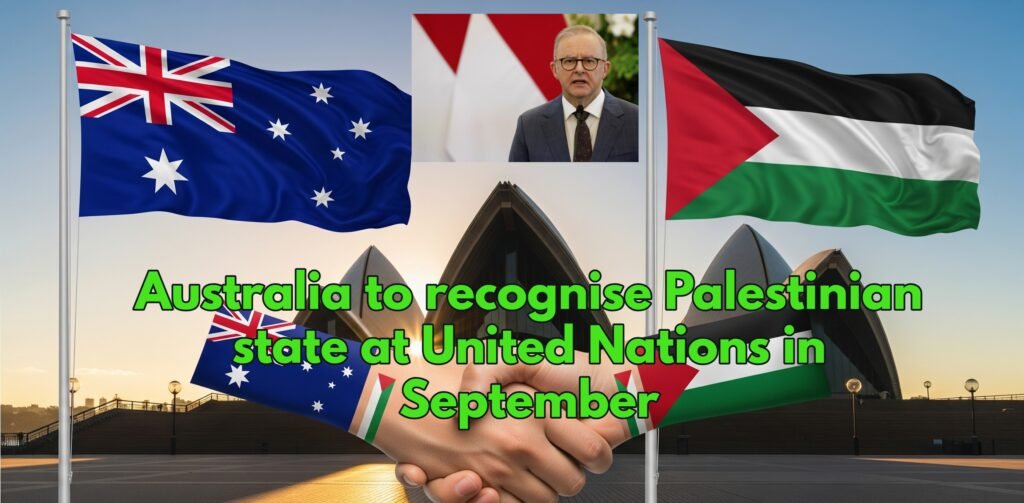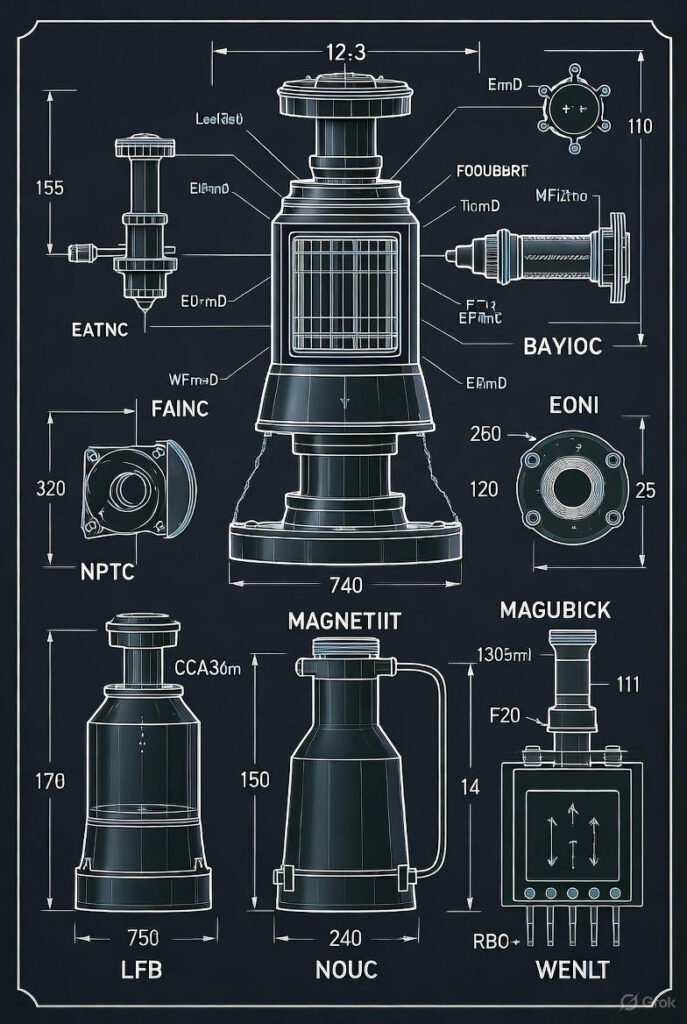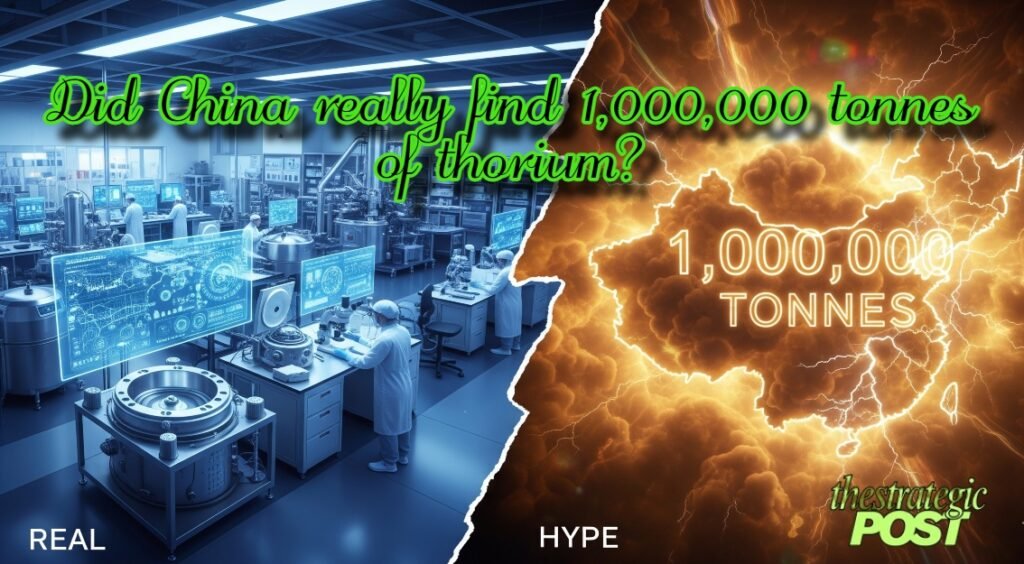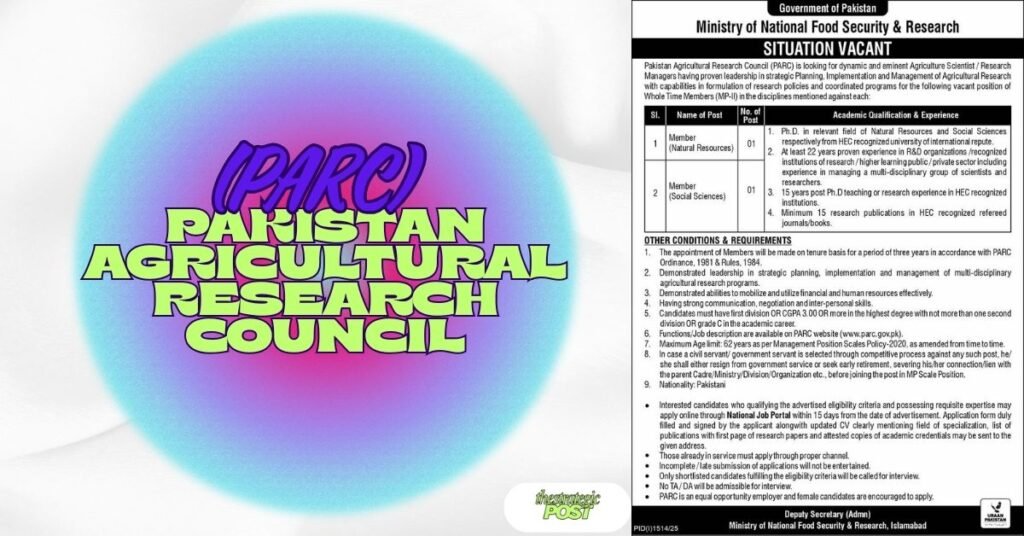Australia’s Plan to Recognise Palestine: What It Means and Why It Matters
Table of Contents
Australia’s Plan to Recognise Palestine : Australia has made headlines worldwide with its plan to recognise Palestine — a move that could reshape its foreign policy and influence global diplomacy. For decades, the question of Palestine’s statehood has been a contentious issue, and now, Australia is taking steps to make its position clearer.
In this article, we break down Australia’s plan to recognise Palestine, explore why it’s happening now, and what it means for Australians, Palestinians, and the wider international community.
Why Australia’s Recognition of Palestine Is Big News
Australia has long supported a two-state solution — a peaceful arrangement where Israel and Palestine coexist as independent nations. However, official recognition of Palestine has been debated for years without decisive action.
The current plan signals a shift from “support in theory” to “recognition in practice.” This means Australia could soon formally acknowledge Palestine as a sovereign state, joining more than 135 countries worldwide that have already done so.
The Political and Humanitarian Context
The Palestinian people have sought international recognition for decades. Ongoing conflicts, displacement, and humanitarian crises have made statehood not just a political goal, but also a matter of dignity and security.
Australia’s potential recognition aligns with growing global pressure for governments to take a stand on human rights and peace in the Middle East. Supporters see it as a step toward justice, while critics argue it could strain Australia’s relations with Israel and its allies.
Key Elements of Australia’s Plan to Recognise Palestine
While full details are still unfolding, reports suggest Australia’s approach may include:
- Formal Diplomatic Recognition – Announcing Palestine as an independent state in official government statements.
- Bilateral Relations – Establishing diplomatic channels with Palestinian leadership.
- Support for Peace Talks – Continuing to encourage negotiations between Israel and Palestine.
- Humanitarian Assistance – Increasing aid to Palestinian communities affected by conflict.
Possible Timeline for Recognition
There is no confirmed date yet, but political analysts believe the recognition could happen within the next 1-2 years if parliamentary consensus is reached. Foreign policy experts are urging careful timing to maximize diplomatic impact while minimizing backlash.
Step-by-Step Guide: How Recognition Works in Practice
If you’re wondering how a country like Australia goes from discussion to official recognition, here’s the general process:
- Government Decision – The Cabinet or Parliament debates and approves the move.
- Formal Declaration – An official statement or resolution is made public.
- Diplomatic Communication – Australia informs the United Nations and other international bodies of its recognition.
- Bilateral Agreements – Both nations may sign agreements for cooperation in trade, education, and humanitarian projects.
- Implementation – Australian embassies and consulates update policies and formal documents to reflect the new status.
Why This Matters to Australia
Recognising Palestine would position Australia as a stronger advocate for international law and human rights. It could also:
- Strengthen ties with Arab and Muslim-majority countries.
- Boost Australia’s image as an independent and fair-minded global player.
- Encourage other nations in the Asia-Pacific to follow suit.
However, the move may also attract criticism from allies like the United States or strain trade relations with Israel.
International Reactions to Australia’s Plan
Countries that already recognise Palestine — such as Sweden, Ireland, and Indonesia — are likely to welcome Australia’s decision. On the other hand, Israel has historically opposed such recognitions, arguing they undermine direct peace negotiations.
The United Nations has long supported Palestinian statehood, so Australia’s recognition would align with UN resolutions and international consensus in much of the Global South.
Frequently Asked Questions (FAQ)
1. What does “recognising Palestine” actually mean?
It means Australia would officially acknowledge Palestine as a sovereign state with full diplomatic rights.
2. Has Australia ever recognised Palestine before?
No. Australia has supported the idea of a Palestinian state but has never granted formal recognition.
3. Will this affect Australia’s relationship with Israel?
Possibly. Recognition could create political tension, but Australia may balance this by reaffirming its support for Israel’s security.
4. How many countries already recognise Palestine?
More than 135 countries worldwide have officially recognised Palestine.
5. When could this happen?
There’s no exact date yet, but discussions suggest it could happen within the next couple of years.
Final Thoughts
Australia’s plan to recognise Palestine is more than just a diplomatic gesture — it’s a statement about justice, peace, and Australia’s role on the global stage. While the path forward may be politically complex, the potential benefits for peace and international relations are significant.
The coming months will be crucial in determining whether this plan becomes a reality or remains just a political talking point. For Australians, it’s a chance to engage in meaningful discussions about foreign policy, human rights, and the kind of world they want to live in.
Stay Informed with The Strategic Post
If you want to keep up with global politics, human rights news, and Australia’s evolving role in the world, visit thestrategicpost.com for in-depth articles, expert analysis, and timely updates







